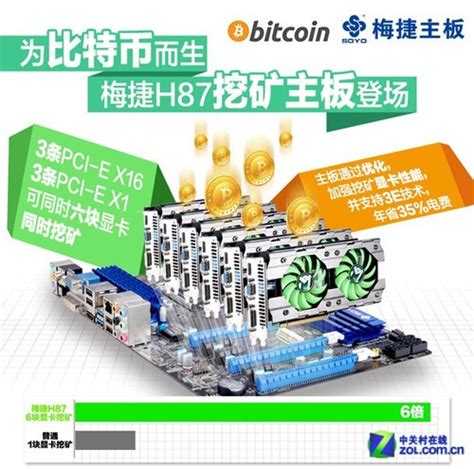比特币美刀
Title: Understanding the Flexibility of Bitcoin in the United States
Bitcoin, the pioneering cryptocurrency, has gained significant traction in the United States. Its flexibility, rooted in technology, regulation, and adoption, shapes its role in various aspects of American life. Let's delve into how Bitcoin exhibits flexibility in the US across different domains:
1. Financial Inclusion:
Bitcoin facilitates financial inclusion by providing access to banking services for the unbanked and underbanked populations. In the US, where traditional banking services may be inaccessible or unaffordable for certain demographics, Bitcoin offers an alternative. Individuals can participate in the financial system, conduct transactions, and store value without relying on traditional banking infrastructure.
2. Investment and Trading:
The US has witnessed a surge in Bitcoin investment and trading activities. The flexibility of Bitcoin as an investment asset attracts both institutional and retail investors. Regulatory clarity provided by bodies like the SEC (Securities and Exchange Commission) has enhanced the confidence of investors and facilitated the development of Bitcoinbased financial products such as ETFs (ExchangeTraded Funds) and futures contracts.
3. Remittances:
Bitcoin enables costeffective and efficient crossborder remittance services. In the US, where many immigrants send money to their home countries, Bitcoin serves as a viable alternative to traditional remittance methods. Its decentralized nature eliminates intermediaries, reducing transaction fees and processing times, thereby benefiting both senders and recipients.
4. Ecommerce:
The flexibility of Bitcoin in ecommerce is evident through its acceptance by various online retailers in the US. Major companies like Overstock.com and Shopify have integrated Bitcoin payments, providing customers with additional payment options. Bitcoin's borderless nature makes it particularly appealing for international transactions, eliminating currency conversion fees and simplifying the purchasing process.
5. PeertoPeer Transactions:
Bitcoin facilitates peertopeer transactions, offering individuals a decentralized means of transferring value without intermediaries. In the US, Bitcoin's flexibility in peertopeer transactions extends beyond traditional payment methods. It enables micropayments, crowdfunding, and charitable donations, empowering users to support causes directly and efficiently.
Guidance and Recommendations:
1.
Education and Awareness:
Encourage individuals and businesses to educate themselves about Bitcoin to understand its potential and risks better.2.
Regulatory Clarity:
Advocate for clear and consistent regulatory frameworks to foster innovation while ensuring consumer protection and market integrity.3.
Security Measures:
Emphasize the importance of robust security practices, such as using reputable wallets and exchanges, securing private keys, and implementing multifactor authentication.4.
Diversification:
Encourage investors to diversify their portfolios and avoid overexposure to any single asset, including Bitcoin.
5.
LongTerm Perspective:
Highlight the importance of adopting a longterm perspective when investing in Bitcoin, considering its volatility and potential for significant price fluctuations.In conclusion, the flexibility of Bitcoin in the United States transcends traditional financial boundaries, offering opportunities for financial inclusion, investment, remittances, ecommerce, and peertopeer transactions. However, stakeholders must navigate regulatory challenges, enhance security measures, and adopt a prudent approach to realize the full potential of Bitcoin in the US economy.











